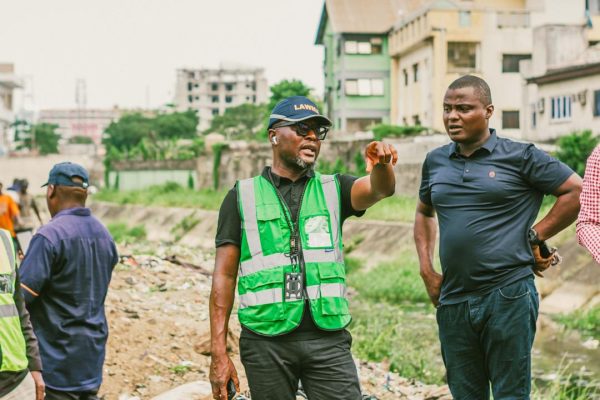Lagos State is steadily cementing its reputation as a trailblazer in sustainable waste management and environmental consciousness, with a growing number of initiatives targeting both effective refuse disposal and public enlightenment.
From community-driven recycling projects to state-led sanitation campaigns, Lagos is witnessing a transformation in how residents and government institutions approach waste. At the heart of this movement is the Lagos State Waste Management Authority (LAWMA), which has intensified efforts to create a cleaner, greener, and healthier metropolis.
In recent months, LAWMA has expanded its operations with the deployment of more waste collection trucks, the establishment of recycling hubs in strategic locations, and the empowerment of local waste pickers through training and safety equipment. These actions are part of the government’s broader push toward a circular economy where waste is not just discarded but reused, repurposed, and reintegrated into the system.
Beyond infrastructure, the Lagos State Government has been intentional about public enlightenment. Through school outreach programs, social media campaigns, and partnerships with environmental NGOs, residents are being educated on proper waste segregation, the dangers of indiscriminate dumping, and the economic value of recycling.
Speaking recently during a community sensitisation drive in Alimosho, the Commissioner for the Environment and Water Resources, Tokunbo Wahab, reiterated the state’s commitment to achieving sustainable urban cleanliness. “Waste management is no longer just about disposal. It’s about responsibility, education, and innovation. Lagosians must be partners in this vision,” he said.
Private sector players and tech-driven start-ups have also joined the effort. Platforms that connect households with recycling vendors, such as RecyclePoints and WasteX, are gaining popularity, making environmental responsibility more accessible to everyday residents.
These collective efforts are gradually yielding results. Cleaner streets, improved drainage systems, and increased public participation suggest a cultural shift is underway, one that positions Lagos as a model for sustainable waste management across Nigeria and Africa at large.
As the state continues on this path, experts say long-term success will depend on policy consistency, investment in green technology, and sustained public engagement.

